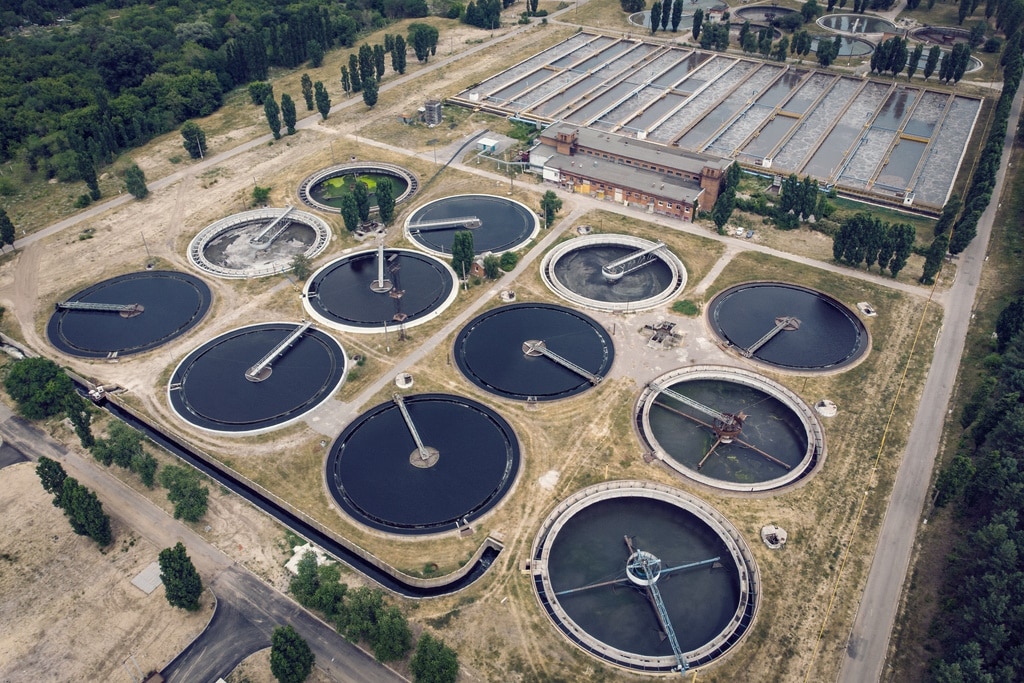The African Development Bank (AfDB) is supporting Tunisia in the management of wastewater. The pan-African financial institution is granting €81.9 million to the Project to Improve the Quality of Treated Wastewater for Greater Resilience to Climate Change (PAQEE-RCC), on which work is due to start in 2024.
Aware that improving the quality of treated wastewater requires more efficient effluent treatment and compliance with current reuse standards, the Tunisian government plans to modernise 19 wastewater treatment plants as part of the PAQEE-RCC project. Wastewater treatment plants are located in 11 governorates.
Strengthening farmers’ resilience to drought
With the support of the AfDB, the Tunisian government will finance the renovation of electromechanical and electrical equipment, as well as the installation of photovoltaic solar energy systems that will take over the supply of wastewater treatment plants in the event of power cuts.
The wastewater treated by these plants is used to irrigate 3,000 hectares of farmland in Tunisia. Improving the quality of the treated effluent will be beneficial for the soil and crops. “The PAQEE-RCC project will make an active contribution to food security in Tunisia, increasing production of olives, dates and other fruits, and fodder for animal, dairy and meat production, against a backdrop of drought and scarcity of water resources, and inflation in food prices on the international market,” explains Belgacem Ben Sassi, Regional Water and Sanitation Coordinator at the AfDB. For the past few years, an unprecedented drought has been affecting agriculture in this North African country, which has a population of around 11.8 million.
According to the AfDB, 670,000 people will be affected by the PAQEE-RCC project between now and 2028. The initiative will also create around 200 temporary direct jobs (20% of which will be for women), 50 permanent direct jobs (30% of which will be for women) and 1,000 indirect jobs (35% of which will be for women).
Inès Magoum
